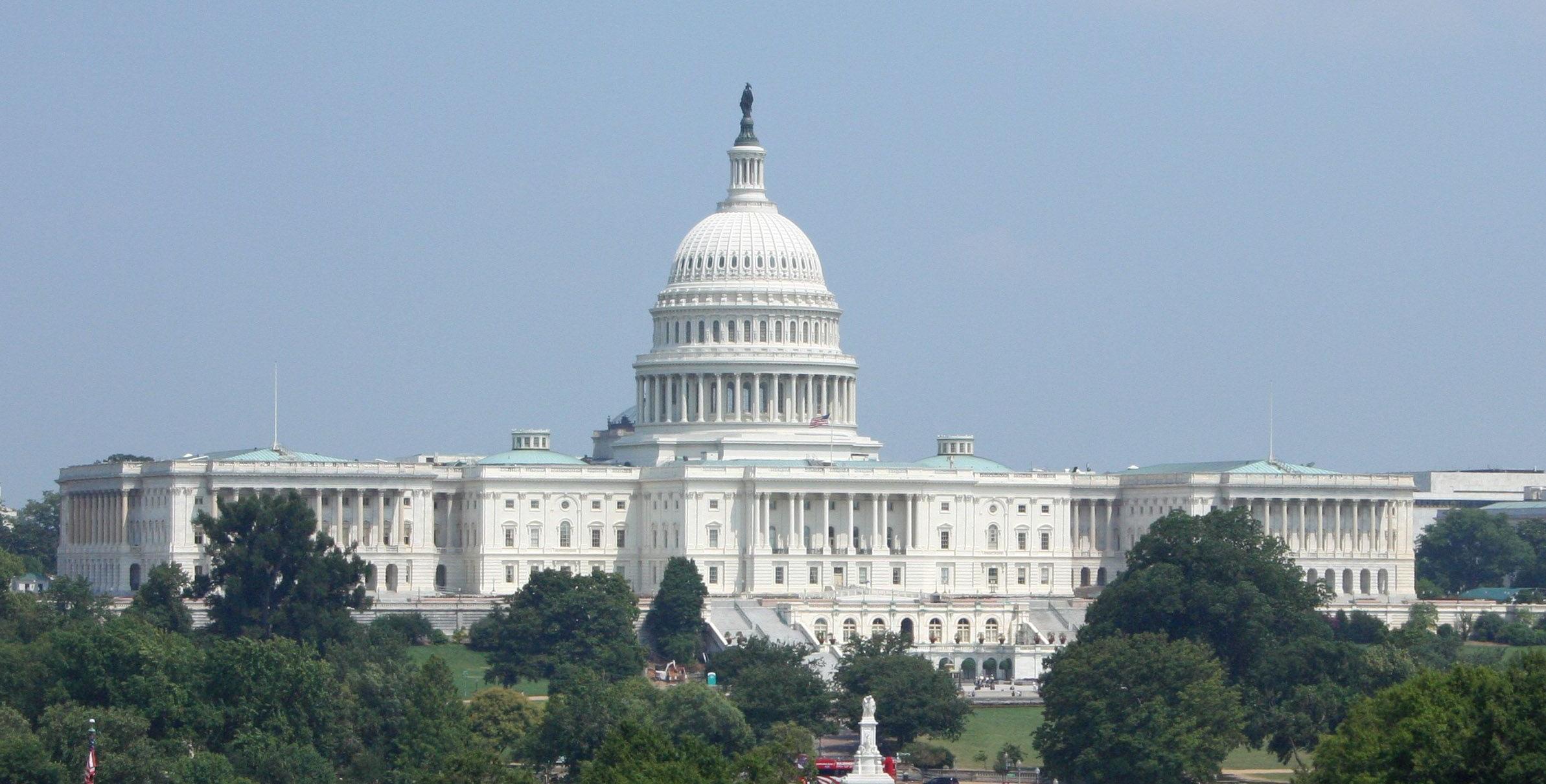
7 minute read
CFPB issues new marketing services
CFPB ISSUES NEW MARKETING SERVICES AGREEMENT GUIDELINES
On September 11, the MBA, along with other associations including the American Land Title Association, the NAR, the National Association of Home Builders, and the Real Estate Service Providers Council sent a letter to CFPB Director Kathy Kraninger requesting that a 2015 Richard Cordray bulletin concerning Marketing Services Agreement (MSA) be withdrawn and replaced “with a reassertion that the real estate industry should follow long established best practices under RESPA and associated case law.” The 2015 bulletin raised many concerns from the mortgage industry about not having clear guidelines on what was permissible.
According to Justin Wiseman, MBA’s associate vice president, the request by the MBA and charges.
associates was the most recent of the various efforts undertaken over the past few years to get the CFPB to change its position on MSAs regulatory council.
Recently, the bureau pulled its previous guidance on whether MSA complies with anti-kickback rules. In a FAQ post, the bureau stated that the agreements do not violate Section 8 of the Real Estate Settlement Procedures Act. Despite the FAQ not changing much on a practical level, it represents a change it was headed by Richard Cordray, whose bureau never illegalized MSAs but instead expressed some degree of hostility towards them.
What is not permissible in an MSA according to CFPB’s FAQ. An agreement to pay for referrals.
Payment for services over reasonable market value. Agreement where services are not performed or are nominal. The payments are duplicative. The agreement is structured to disguise kickbacks or split in attitude by the bureau from when
“Eliminating that 2015 bulletin was the best thing that came out of this, even if nothing changed on a practical level,” said Mitch Kider, the chairman and managing partner of Weiner Brodsky Kider, who represented PHH Mortgage in a major challenge to the CFPB’s authority on MSA compliance. “That bulletin was not based on the law itself and deviated from a 2010 Department of Housing and Urban Development interpretation on MSAs.”
“It is very helpful to the industry and gives them a clear message of what the issues are surrounding Section 8 and how to, at least preliminarily, analyze some of those issues,” Kider said of CFPB’s recent post.

More importantly, “no new law is being made with these FAQs,” he adds.
“That bulletin was not a compliance guide that lenders could use, but a statement of concerns … only some of which actually involved MSAs,” said Holly Spencer Bunting, a partner with Mayer Brown law firm. “Now we have in place FAQ guidance that lays out the exceptions to RESPA as it relates to MSAs, and it is consistent with the PHH decision.”
Moreover, the bureau’s FAQ will also impact insurers, real estate brokers, and warranty providers.
NON-COMPLIANCE
The bureau warned that it would go after MSAs violators and promised vigorous enforcement in a blog post.
“The bureau is very clear that they will enforce the rules as they have been understood prior to the bulletin,” Wiseman said, adding that RESPA’s statutory language does allow for MSAs under certain regulatory contexts.
“This move highlights that title and settlement professionals need to be on their toes when analyzing marketing services agreements,” said ALTA CEO Diane Tomb in a statement. “Section 8 of RESPA can be confusing and lacks clarity. We appreciate the bureau’s effort to produce compliance materials to help the industry work through these issues with specific fact patterns.”
Work cited.
https://www.nationalmortgagenews.com/news/cfpb-issuesnew-marketing-services-agreement-guidelines.
US ELECTION 2020: WHAT DATE IS IT, HOW DOES IT WORK, AND WHAT ARE THE KEY SWING STATES?

The US election is one of the most internationally observed elections. It is, in fact, one of the most critical elections in the world. This is because it, directly and indirectly, influences world peace and security. It also has a significant impact on the world’s economy. The United States is a superpower, and the US president is often regarded as world president. Though the US president can’t dictate what world leaders should do, they are powerful and influential. As the US election is fast approaching, there are a couple of questions on the lips of people across the world. The US election is unique and differs from the electoral processes practiced by most countries around the globe. Thus, to better understand how the is election works and predict who’ll likely emerge winner, some of the questions people often ask are:
How does the election work? What are the swing states? What date is it?
These are some of the questions you’ll find answers to as you read down the lines of this article. So, let’s get the ball rolling.
WHAT DATE IS THE US ELECTION?
In the United States, elections are scheduled for the first Tuesday in November of every four years. This date can fall between November 2 and November 8. It is just a day, and on that day, there’ll be a public holiday across the country. Popular ballots will be held on that day to select public officials. The officials include national, state, and local government representatives, including the president. Hence, considering the guides mentioned above in
which the date is selected, the 2020 election will be held on Tuesday, November 3, 2020.
That will be the 59th quadrennial presidential election in the United States. However, considering the Coronavirus pandemic looming over the world, there’s a possibility for the election to be delayed. Technically speaking, a delay is possible because the election date in the US is not written anywhere in the constitution. Nonetheless, the constitution provides a date for the inauguration for the newly elected president, which is January. More so, if we’re to weigh the likelihood of the election being delayed, one will see it is unlikely. This is because the power to change election dates isn’t in the hand of the president but the hands of the US congress. The democrats are the majority in the house of Representatives, which is one of the two chambers. So, even if the Republicans in the Senate are in favor of the delay, the Democrats in the representative will likely not support. Hence as it stands, the election will probably hold on Tuesday, November 3, 2020, as stated earlier.
HOW DOES THE ELECTION WORK?
In the United States, elections into the office of president and vice president are indirect. It is not the citizens’ votes, otherwise called General votes, that directly dictate who becomes the president and vice president. Instead, the general votes are meant to select presidential electors called the electoral college. Members of the Electoral College will then vote on December 14, 2020. Their vote will determine whether the incumbents Donald Trump and Mike Pence remain in office or are replaced by a new president and vice president. Therefore, if a candidate has more votes in the general vote but lost in the electoral college, he has lost the election. For a candidate to be considered winner, they must have the highest vote in the electoral college (at least 270 out of 538) even if they have the least vote in the general vote. This is practically seen in the last election when Donald Trump has more votes in the electoral college than Hillary Clinton, who has the highest vote in the general election. Donald Trump automatically becomes the president. Thus, who wins the electoral college vote wins the election.
Often, electors vote for whichever candidate wins their state regardless of whether they prefer the other candidate. However, some states allow electors to vote for their preferred candidate irrespective of who wins in their state.

Nevertheless, in a situation where no candidate wins the absolute majority of the votes for president, the responsibility of choosing the most qualified candidates then rests on the shoulder of the house of representatives. More so, if no candidate wins the absolute majority of the votes for vice president, electing the vice president is left to the hands of the senate.

WHAT ARE THE SWING STATES?
The key to winning the US presidential election depends on some specific swing states. There are a couple of swing states in the United States that have been won by both republican and Democrats in the past. These states hold the key to who wins the presidential election. For the 2020 election, some swing states to look out for are:
Arizona North Carolina Florida Pennsylvania Michigan Wisconsin
References
https://www.timeanddate.com/holidays/ us/election-day https://en.m.wikipedia.org/wiki/2020_ United_States_presidential_election https://www.telegraph.co.uk/ news/2020/10/18/2020-election-us-datewhen-what-swing-states-how-workcovid/amp/ https://en.m.wikipedia.org/wiki/United_ States_presidential_election










